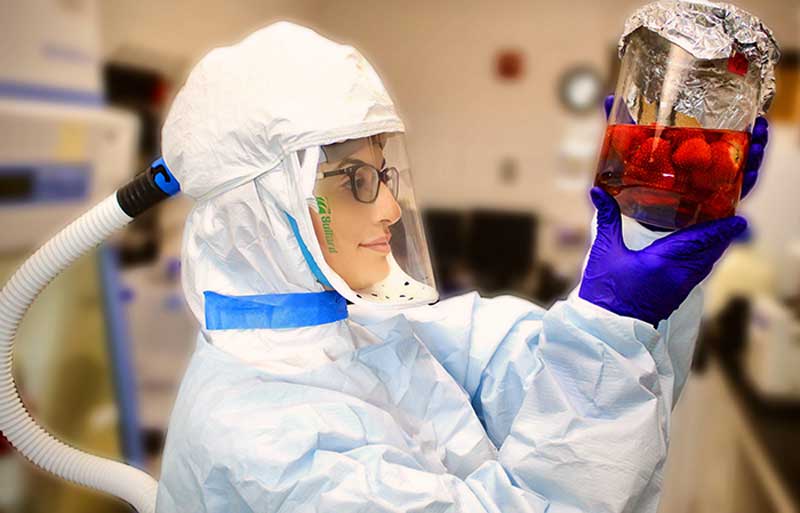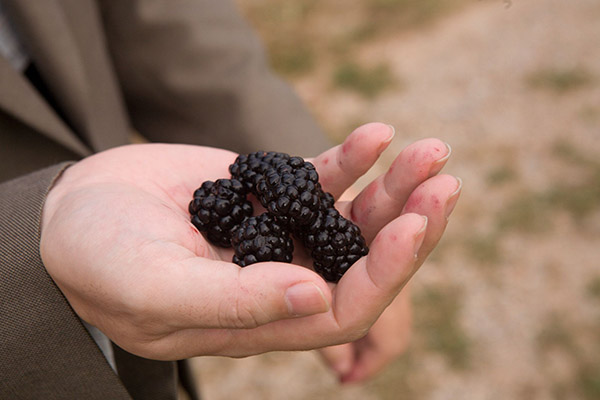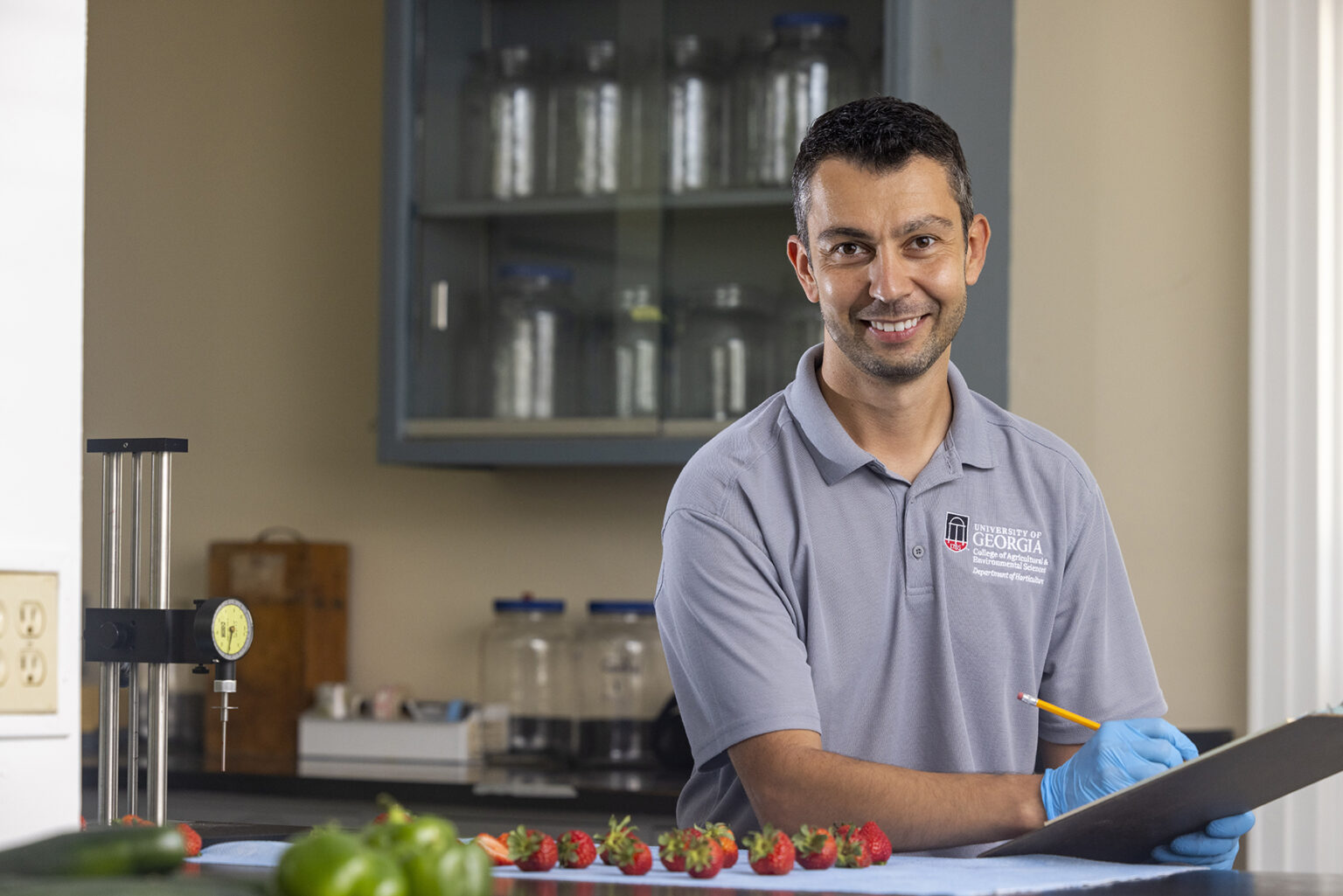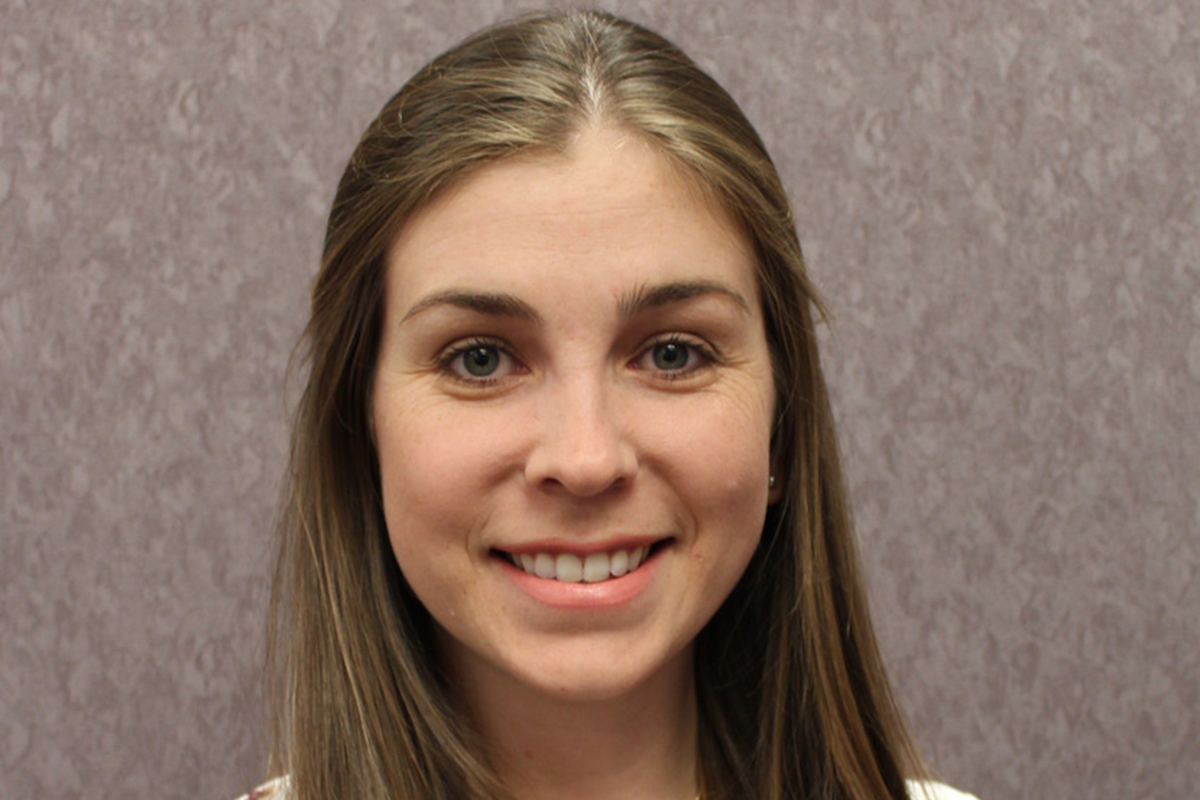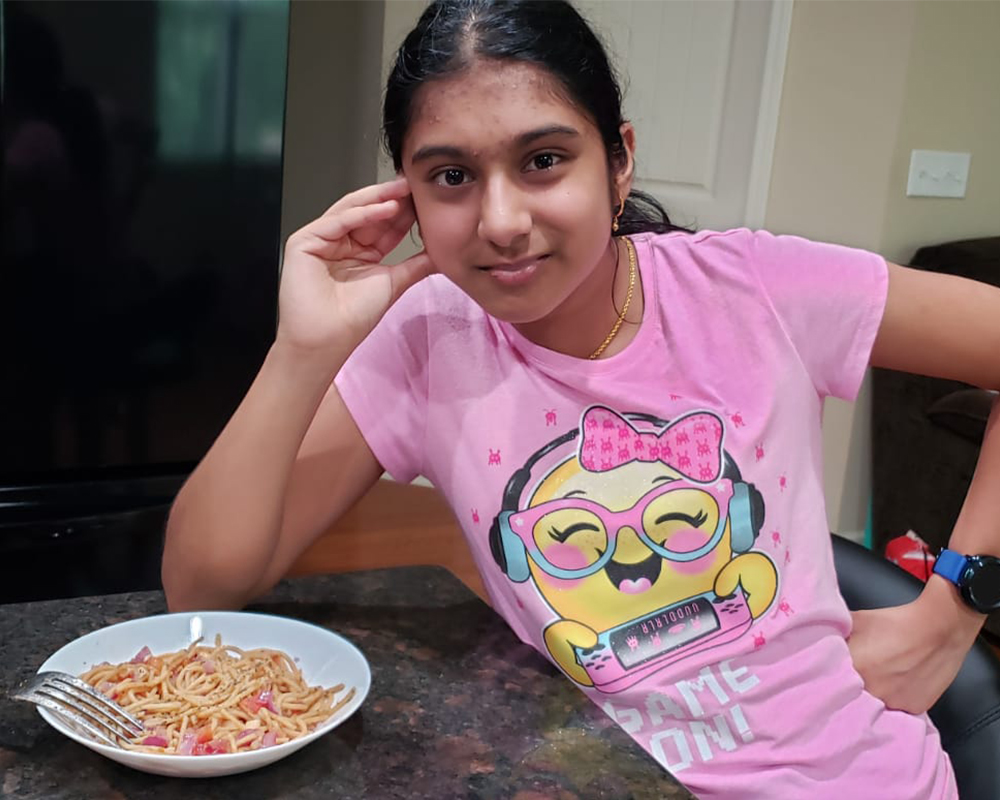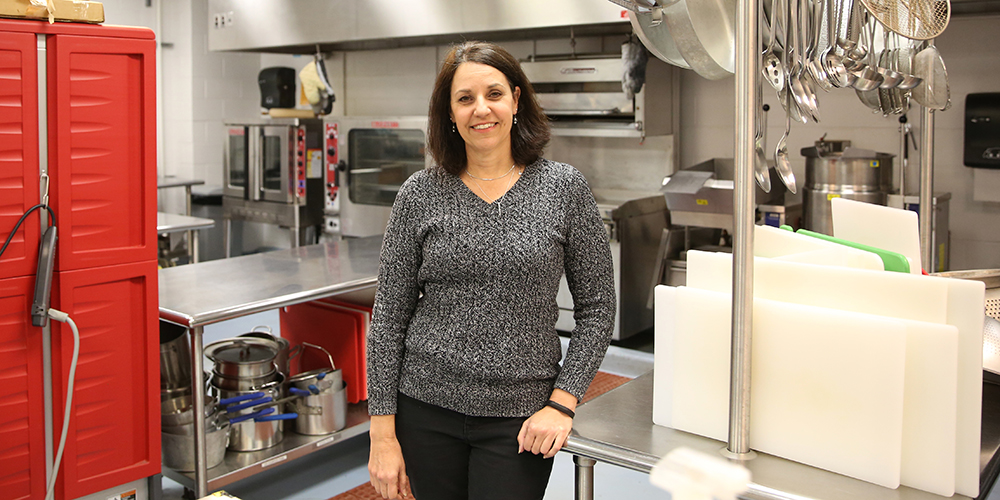 CAES News
CAES News
2025 Flavor of Georgia Winners
A baked good secured the top spot at the 2025 Flavor of Georgia food product competition, beating out a record 173 products submitted in 12 categories. Sunday Dinner Gritscuits, produced by Lady Belle, are French gougeres, or cheese puffs, stuffed with macaroni and cheese flavored grits with collard greens and smoked turkey. Lady Belle is a French-Southern fusion microbakery specializing in handcrafted Parisian style macarons, Belle (Signature) Macarons and savory Gritscuits.



.png)
